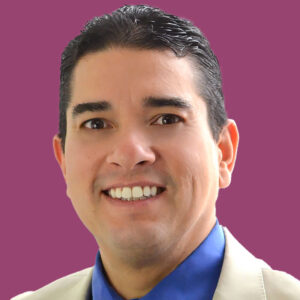People of Color are more likely to get liver disease, including liver cancer.
Liver cancer rates are rising in African American and Hispanic American communities while falling in others.
Liver cancer risks are different depending on your ethnicity and race. The good news is that we can reduce our risk for liver cancer.
When we share our health care journey, we can inspire someone who looks like us to take action, which may improve their outcomes.









